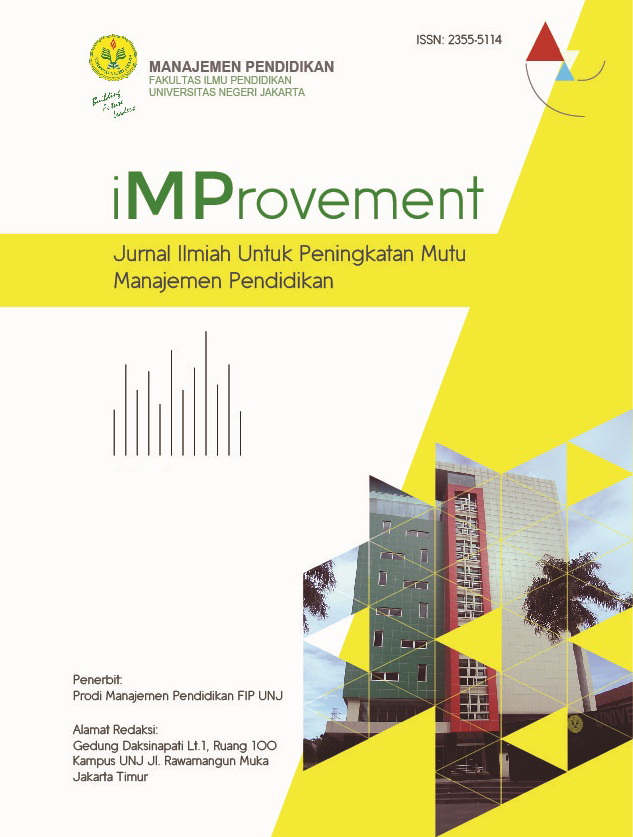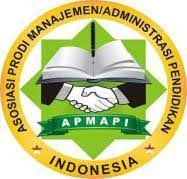Cheating = Drop Out? A Strategy to Enforce Student Academic Integrity
DOI:
https://doi.org/10.21009/improvement.v9i1.26966Keywords:
Integrity, Education Policy, Academic Sanctions, Drop Out, CheatingAbstract
Abstract : In the era of the development of science and the addition of new departments and universities both in Indonesia and the world, research on integrity is increasing. One of the studies mentioned that many integrity violations were committed by students during exams. Enforcement of integrity can be started with strict regulations for violators. This research aims to explore the dropout sanction for students who cheat as one of the strategies to enforce students' academic integrity. The research uses a case study method with interviews, observations, and documentation studies as data collection techniques. Robert K. Yin's six steps of case study research were used in this study, namely plan, design, prepare, collect, analyze, and share. Data analysis uses data validity by comparing all data obtained with three collection techniques, classifying data based on research questions, combining the data obtained in the form of tables, and finally making conclusions based on the data that has been obtained. The results showed that the impact of dropout sanctions for students who cheat is the emergence of awareness related to integrity values such as honesty, responsibility, the emergence of student confidence in working on exam questions, and being able to reduce the number of students who cheat on exams.
Downloads
Published
How to Cite
Issue
Section
License
Copyright (c) 2022 Rahmi Juwita

This work is licensed under a Creative Commons Attribution-NonCommercial-ShareAlike 4.0 International License.
Authors who publish with this Journal agree to the following terms:
- Author retain copyright and grant the journal right of first publication with the work simultaneously licensed under a creative commons attribution licensethat allow others to share the work within an acknowledgement of the work’s authorship and initial publication of this journal.
- Authors are able to enter into separate, additional contractual arrangementfor the non-exclusive distribution of the journal’s published version of the work (e.g. acknowledgement of its initial publication in this journal).
- Authors are permitted and encouraged to post their work online(e.g. in institutional repositories or on their websites) prior to and during the submission process, as it can lead to productive exchanges, as well as earlier and greater citation of published works.
-
Users/public use of this website will be licensed to CC BY-NC-SA (Attribution & Non-Commercial-ShareAlike)



